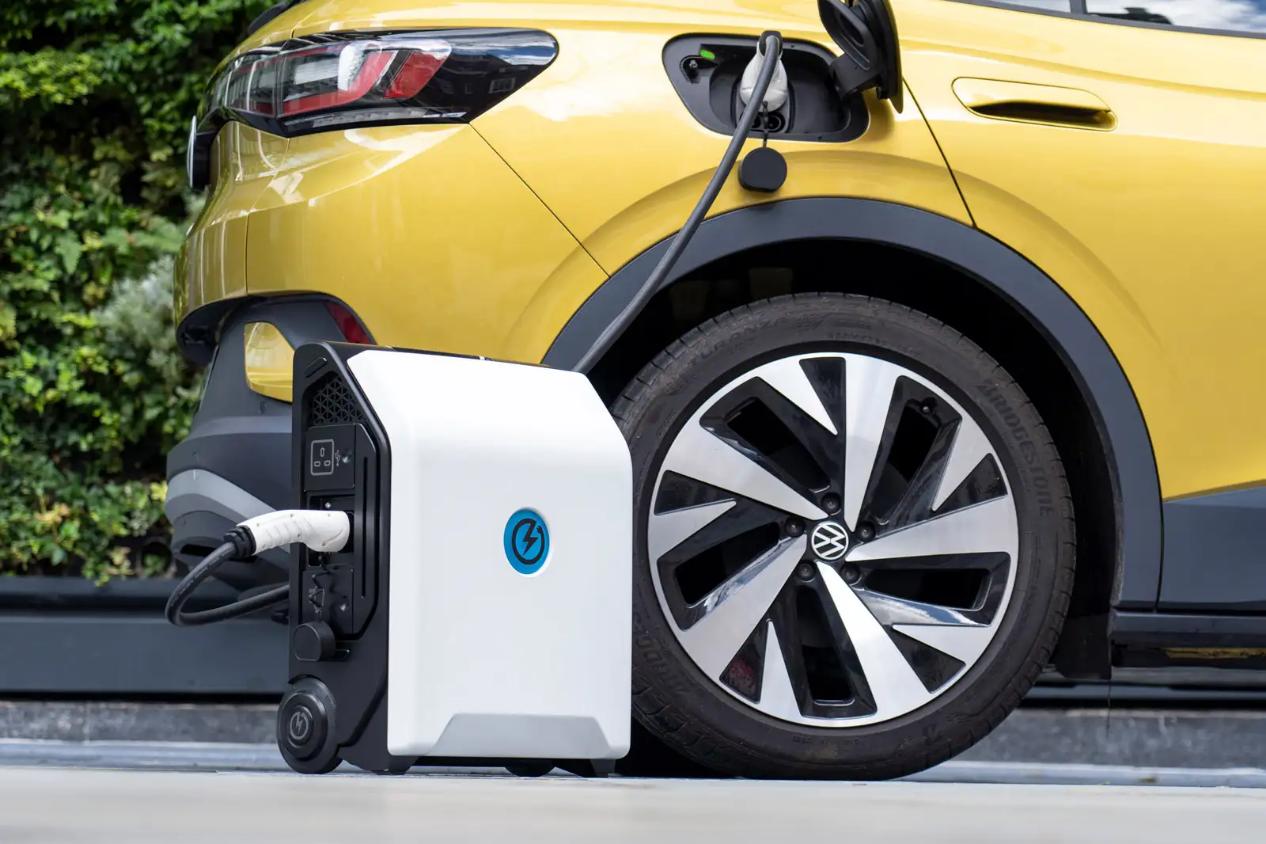Smart EV Charger Market: Growth Factors and Dynamics

Increasing Electric Vehicle Adoption: The growing popularity of electric vehicles (EVs) is a primary driver of the Smart EV Charger market. As more consumers and businesses transition to electric mobility, the demand for intelligent charging solutions rises in tandem.
Government Initiatives: Governments worldwide are implementing policies, incentives, and regulations to accelerate the adoption of electric vehicles and the deployment of smart charging infrastructure. Subsidies, tax credits, and emissions reduction targets are common incentives.
Environmental Awareness: Rising concerns about climate change and air pollution are motivating individuals and organizations to choose electric vehicles and opt for clean energy sources for charging. Smart EV chargers play a role in promoting sustainability.
Technological Advancements: Ongoing advancements in charging technology, including faster charging rates and bi-directional charging (vehicle-to-grid), are enhancing the appeal of smart EV chargers. These technologies improve convenience and utility for EV owners.
Grid Integration: Smart EV chargers that can communicate with the electric grid enable demand response, load management, and grid stability. They help utilities balance electricity supply and demand, particularly during peak hours.
Fleet Electrification: The electrification of commercial vehicle fleets, including delivery vans, taxis, and buses, is driving the demand for smart charging solutions that can manage and optimize multiple chargers simultaneously.
Public Charging Networks: The expansion of public charging networks by governments, utilities, and private companies is boosting the accessibility and convenience of EV charging, supporting market growth.
Post time: Oct-25-2023








